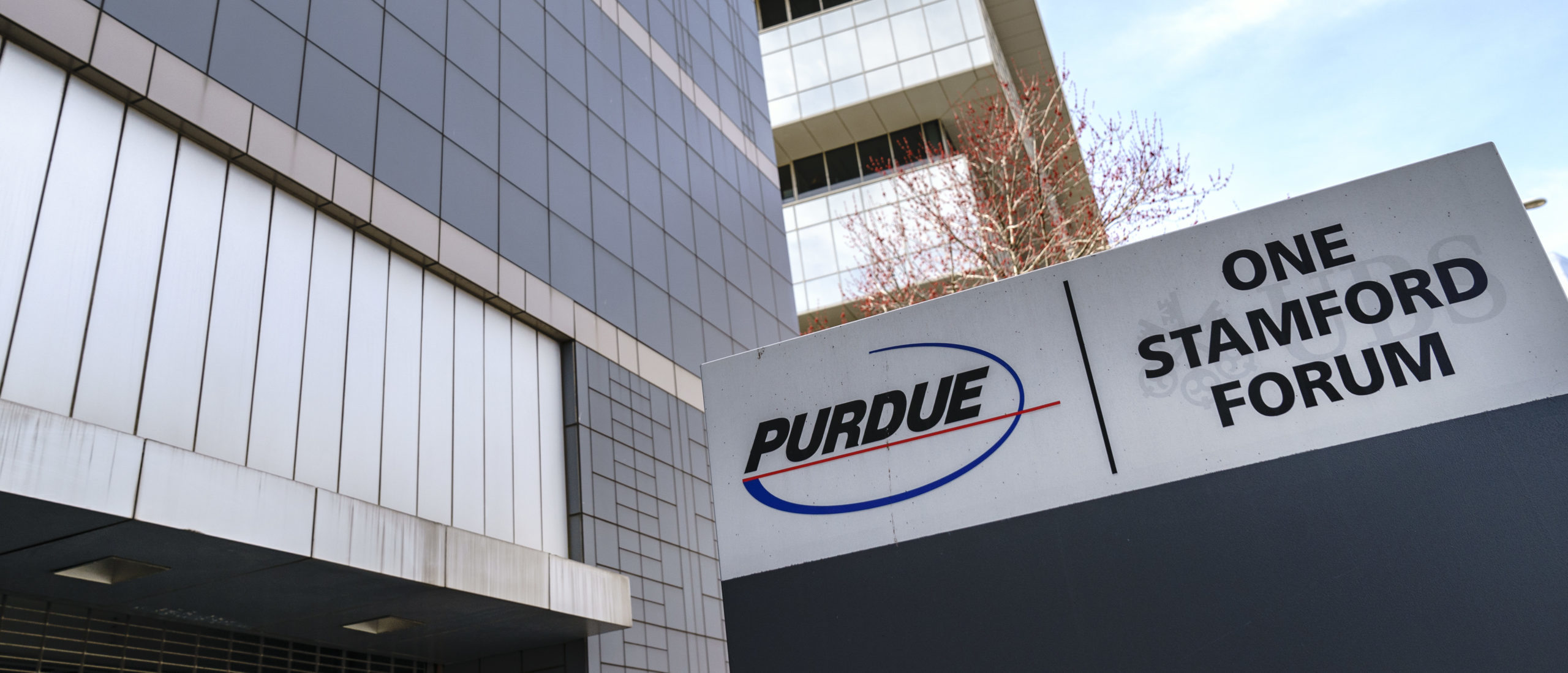The Supreme Court on Monday will consider the legality of OxyContin maker Purdue Pharma’s bankruptcy settlement, which shields the Sackler family — who built a multi-billion dollar fortune from their ownership of the company— from facing lawsuits over their role in the opioid crisis.
Their settlement, which the government called “exceptional and unprecedented” in its breadth, would have the Sacklers provide up to $6 billion to address the opioid crisis in exchange for immunity from future lawsuits. The family withdrew close to $11 billion from the company before filing for bankruptcy in 2019 in response to thousands of lawsuits stemming from their deceptive marketing downplaying the addictiveness of OxyContin, which encouraged doctors to prescribe the drug.
After negotiations, all states agreed to the settlement, including eight who initially opposed it.
The justices put the company’s plan on hold in August pending review. The question before the Court is whether a bankruptcy settlement can legally release non-debtor third parties from liability without the consent of those making the claims.
Sackler family members are no longer part of Purdue Pharma’s board, according to The New York Times.
In its brief, the government argues that the settlement “allows the Sacklers to shield billions of dollars of their fortune while extinguishing, without payment, claims alleging trillions of dollars in damages.”
“Equally troubling, it releases the Sacklers from claims based on fraud and other forms of willful misconduct that could not be discharged if the Sacklers themselves had filed for bankruptcy,” the brief continues.

Purdue Pharma headquarters stands in downtown Stamford, April 2, 2019 in Stamford, Connecticut. (Photo by Drew Angerer/Getty Images)
In May, the Second Circuit Court of Appeals affirmed the plan earlier approved by the bankruptcy court.
“Bankruptcy is inherently a creature of competing interests, compromises, and less-than-perfect outcomes,” the court wrote. “Because of these defining characteristics, total satisfaction of all that is owed—whether in money or in justice—rarely occurs. When a bankruptcy is the result of mass tort litigation against the debtor, the complexities are magnified because the debts owed are wide-ranging and the harm caused goes beyond the financial. That is the circumstance here.”
Nearly 247,000 people died from overdoses on prescription opioid between 1999 and 2019, according to court documents. Purdue Pharma did not conduct any studies about OxyContin’s addictiveness prior to its approval, according to The New Yorker.
A 2017 Daily Caller News Foundation review of grants awarded by Sackler affiliated charities — which provide substantial funding to the arts, humanities and sciences — failed to find a single donation to an organization combating the opioid crisis.
Opioid prescriptions increased in 1996 after Purdue launched a campaign that started to convince doctors the drug was a safe treatment for chronic pain. Purdue Pharma plead guilty to criminal charges in 2007 and 2020 relating to its misleading marketing of OxyContin.
Ellen Isaacs, whose son died of an opioid overdose, opposed the settlement in a brief filed with the Supreme Court that characterizes the Sacklers as “the billionaire masterminds behind a criminal enterprise that caused a national tragedy.”
“The Sackler releases are special protection for billionaires,” her lawyer wrote. “That ugly fact is true.”
Other victims, however, are not so ready to reject the arrangement. A brief filed on behalf of individuals who were themselves impacted or had a family member impacted by opioid addiction asks the court to account for their “urgent” need for funds.
“No amount of money can bring back a beloved family member lost to addiction or undo the traumas routinely caused by opioid addiction,” the brief states. “The confirmed reorganization plan, however, is needed—and needed now—to provide monetary relief to long-suffering victims of the opioid epidemic—and also to prevent more families and communities from suffering the same fate.”



Post a Comment